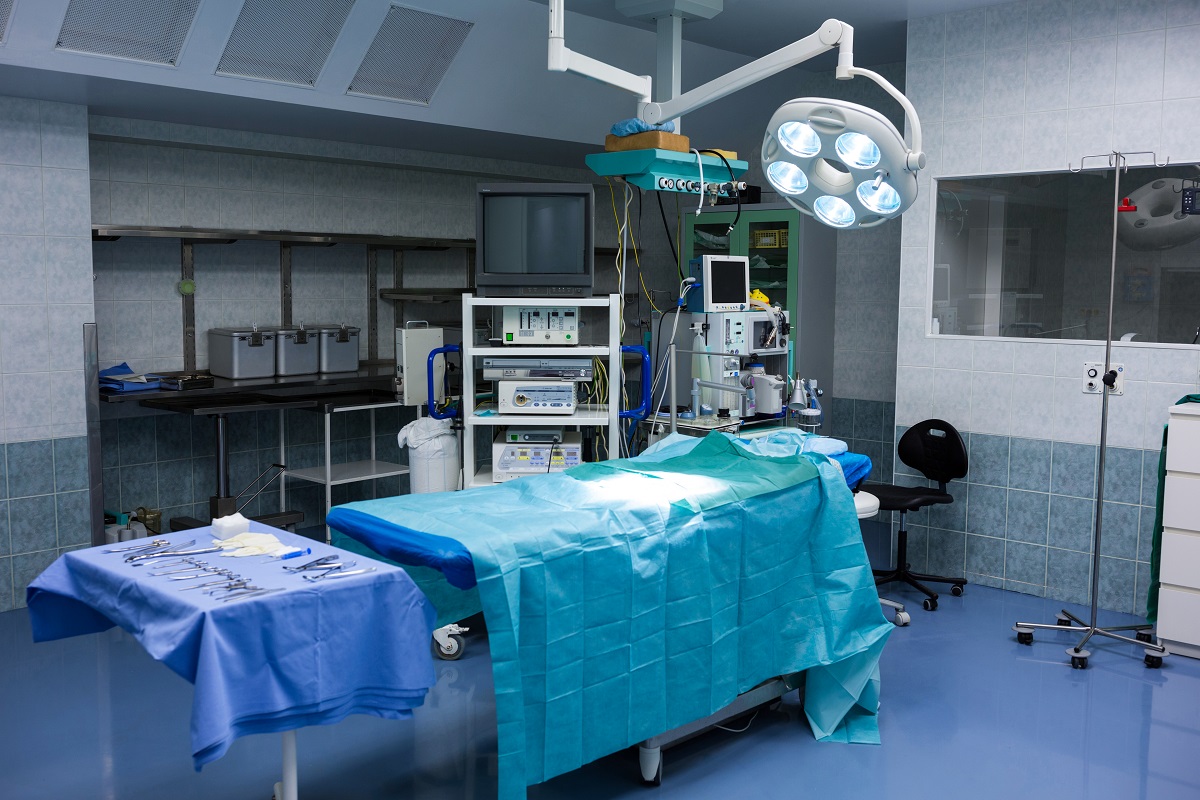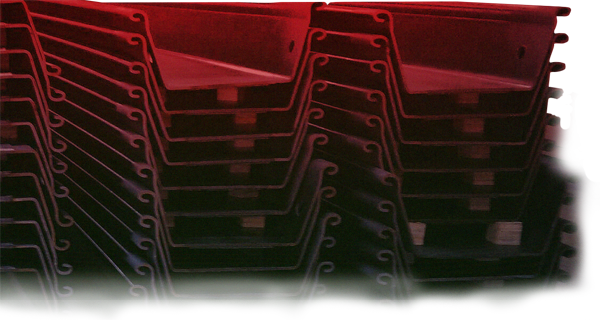Common Uses of Stainless Steel in Healthcare

What are the common uses of stainless steel in healthcare?
- Wheelchairs and walkers
- Operating tables and beds
- Surgical equipment
- Tables and cabinets
- Food trays and utensils
- Sinks
- Waste containers
There are countless reasons why stainless steel is the material of choice in the healthcare industry. In an environment where medical furniture and equipment are subjected to heavy use, this metal provides durability. It is also hygienic, easy to clean, and won’t corrode when exposed to certain substances. Because of this, it offers long-term value to hospitals and clinics. If you’re wondering about the common uses of stainless steel in healthcare, keep on reading!
Wheelchairs and Walkers
Wheelchairs are an indispensable part of patient care. It provides mobility to people who are experiencing disability, pain, and the like. These are commonly used to move patients from their beds to operating rooms. This way, health workers can quickly transport patients inside the facility while lessening their discomfort. Another type of mobility aid used in healthcare facilities is walkers.
Because wheelchairs and walkers are used daily, these must be made of durable materials. Most healthcare facilities prefer stainless steel because it is tough and can last for a long time.
Operating Tables and Beds

Operating tables are exposed to a lot of bodily fluids daily. Because of this, it needs to be easily cleaned so the next patient won’t be contaminated with viruses and bacteria. Before surgery, it must be sanitized and disinfected thoroughly to prevent infection. The same idea applies to patient beds.
The advantage of stainless steel over other materials is it’s easy to clean. Steel surfaces require lower concentrations of disinfectants when cleaning. It also has a smooth surface, so moisture and dirt have nowhere to hide. Other than that, it can also withstand extreme temperatures—which is necessary for sterilizing surfaces.
Surgical Equipment
Speaking of surgeries, most surgical equipment is made of stainless steel. This is because of the same reasons above—hygiene and sanitation. In the healthcare environment, almost everything will get into contact with bodily fluids, tissue, blood, and more. Especially surgical equipment which is often subjected to heavy use.
Other than complying with the cleanliness standards, stainless steel is also formable into any shape, size, and form. It can be easily cut, welded, formed, and fabricated so it is suitable for a wide range of healthcare equipment—even the smallest and most delicate surgical tools.
Tables and Cabinets

From inpatient rooms, nurse stations, cashier, cafeteria, and operating rooms—you will see numerous tables and cabinets in healthcare facilities. This serves a variety of purposes for health workers and patients. As some of the most used furniture in hospitals, it needs to be durable for long-term use. This way, it won’t need to be replaced with new ones.
This is why hospitals and clinics also prefer stainless steel for their tables and cabinets. This metal resists scratches, chipping, cracking, and other issues present in other materials. It won’t attract pests and moisture, unlike other porous materials.
Food Trays and Utensils
Most healthcare facilities provide food for confined patients. Unlike restaurants, these places utilize food trays and utensils made of stainless steel for practicality’s sake. This way, piles of trays can be cleaned efficiently. Aside from being more hygienic and easy to clean, these are also heat and stain-resistant.
This is because stainless steel retains its original appearance regardless of heavy use. Even if it’s subjected to staining substances, the material won’t deteriorate. It can also be fabricated into lightweight products—which makes it perfect as food trays and utensils.
Sinks

In the past, healthcare sinks were made of vitreous china. But this has been replaced with stainless steel in favor of a more hygienic, chemical resistant, and temperature resistant material. This way, it won’t accumulate viruses and bacteria. Compared to other materials, stainless steel can also withstand impact from healthcare equipment which makes it the perfect option for medical and laboratory environments.
Other than that, stainless steel is also highly resistant to corrosion. Depending on the grade, it can withstand water, acids, alkaline, and other chemical substances that you can use in a sink.
Waste Containers
In an environment where bodily fluids, human waste, and such are expected, healthcare workers must ensure that these substances are handled and disposed of properly. From used face masks, cotton swabs, injections, and more—these should be thrown in the right container.
Stainless steel is also found in waste containers in health facilities. Thanks to its nonporous nature, liquids won’t penetrate through it—which makes it a great material to prevent leaks and avoid attracting pests.
Key Takeaway
Because of its hygienic, hardwearing, and nonporous properties, the uses of stainless steel in healthcare are countless. It can also resist high temperatures, a variety of chemicals, and corrosion! Lastly, stainless steel can be fabricated in a variety of forms such as coils, pipes, plates, tubing, and more.
If you’re interested in having your medical equipment made from steel, you can check out the products offered by Metal Exponents! We offer quality materials that abide by industry standards, provide reliable delivery, and continuously offer great customer service.


